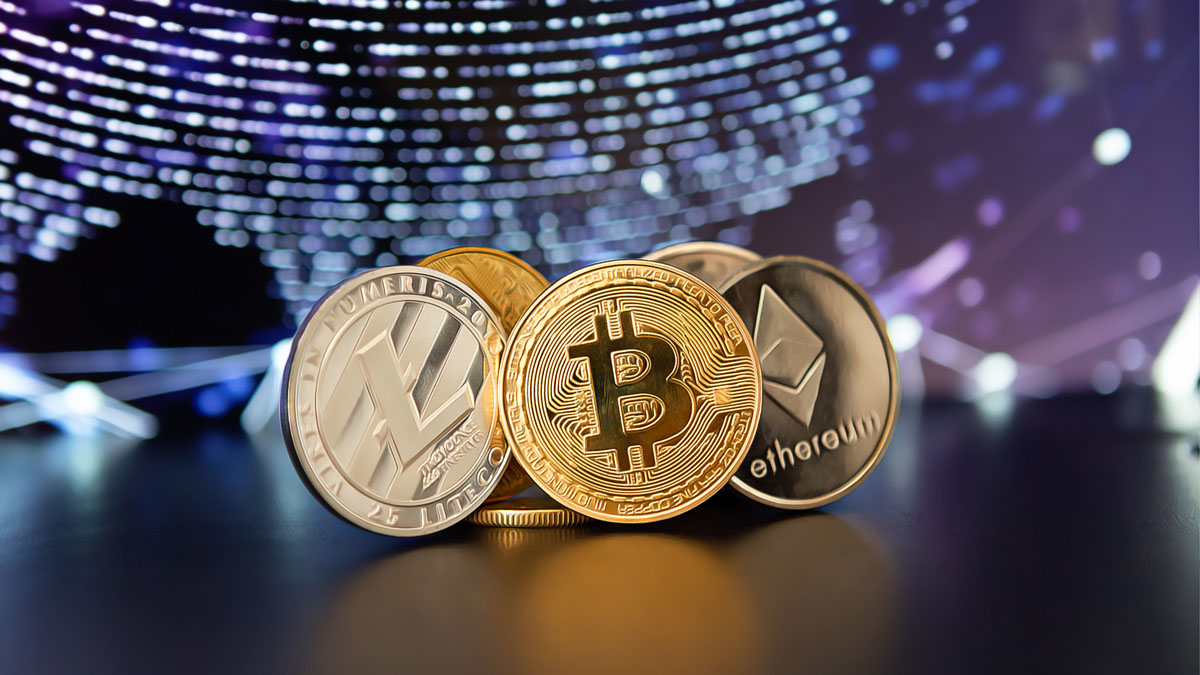A notorious fraud tool focused on users of the TON network has announced its discontinuation of operations. The hackers behind this scheme cited a lack of substantial investors, often referred to as “whales,” within the TON community as a major factor for their decision to cease activities. They have recommended that users explore fraudulent opportunities in other cryptocurrency markets.
Why Did the Fraud Tool Shut Down?
Screenshots shared by Scam Sniffer, a security firm, indicate that the fraud tool has officially halted its services. The hackers expressed their frustration regarding the minimal presence of influential investors in the TON network, stating, “There are no large whales in TON, making it hard for us to operate. Therefore, we are shutting down our service.”
What’s Next for Users?
Upon ceasing operations, the scammers directed users towards fraudulent schemes on the Bitcoin network, asserting that it offers more lucrative opportunities. They provocatively noted, “If you enjoyed scamming in TON, you’ll succeed similarly on the Bitcoin network.”
Despite the departure of these scammers, the TON network continues to attract attention. Raz Niv, a co-founder of Blockaid, highlighted the increasing value of asset transfers within this network. However, some unscrupulous individuals have taken advantage of the transfer comments feature in TON to mislead users and gain unauthorized access to their assets, leading to significant losses.
- Scammers ceased operations due to low investor engagement.
- The fraud tool suggested shifting to scams in Bitcoin for better profits.
- Users must remain vigilant against new fraudulent strategies.
As developments unfold in the cryptocurrency market, it is imperative for TON network users to exercise heightened caution. The discontinuation of this fraud tool does not diminish the risks present; rather, it underscores the importance of vigilance against emerging threats in the evolving landscape of cryptocurrency. Scammers will continue to adapt, making awareness essential for safeguarding assets.












